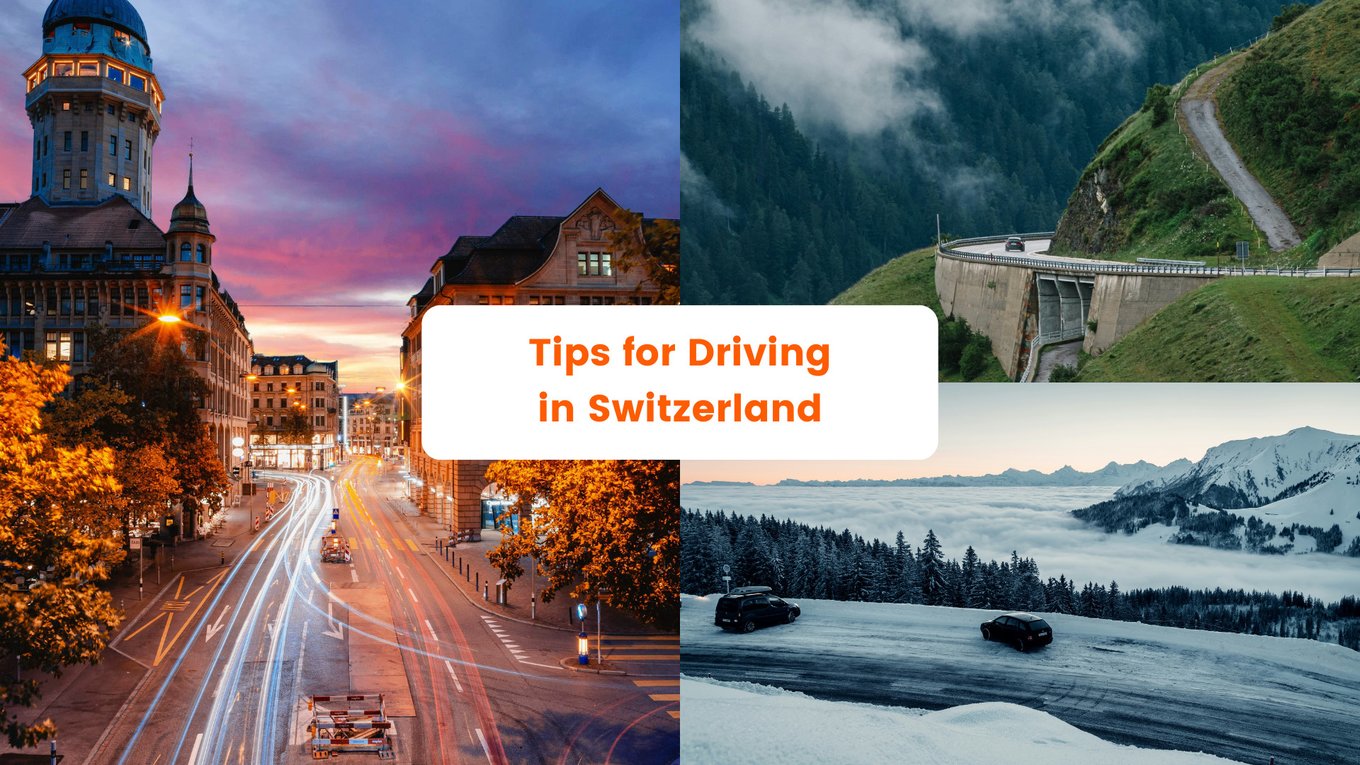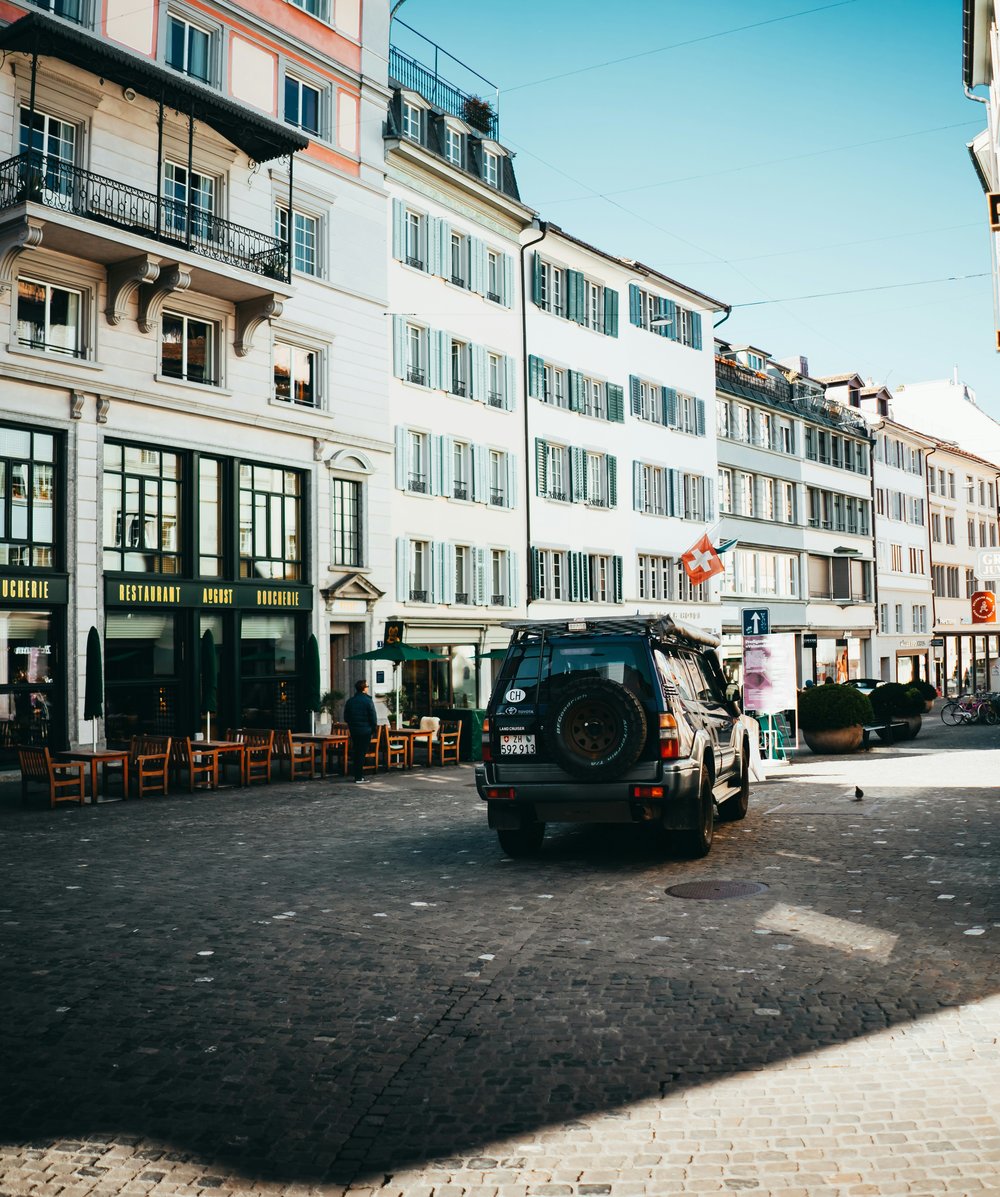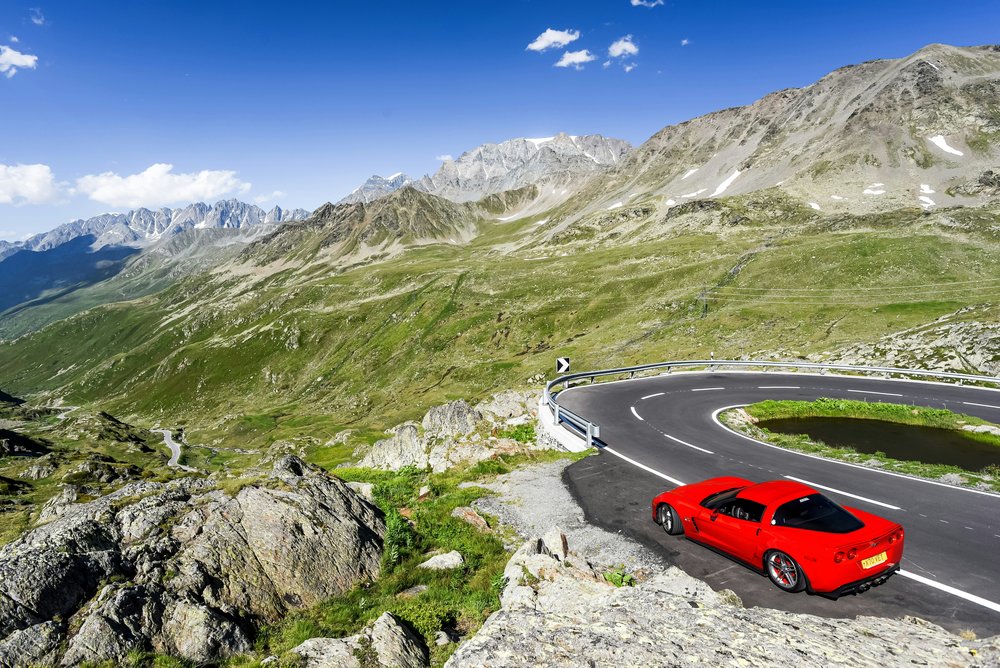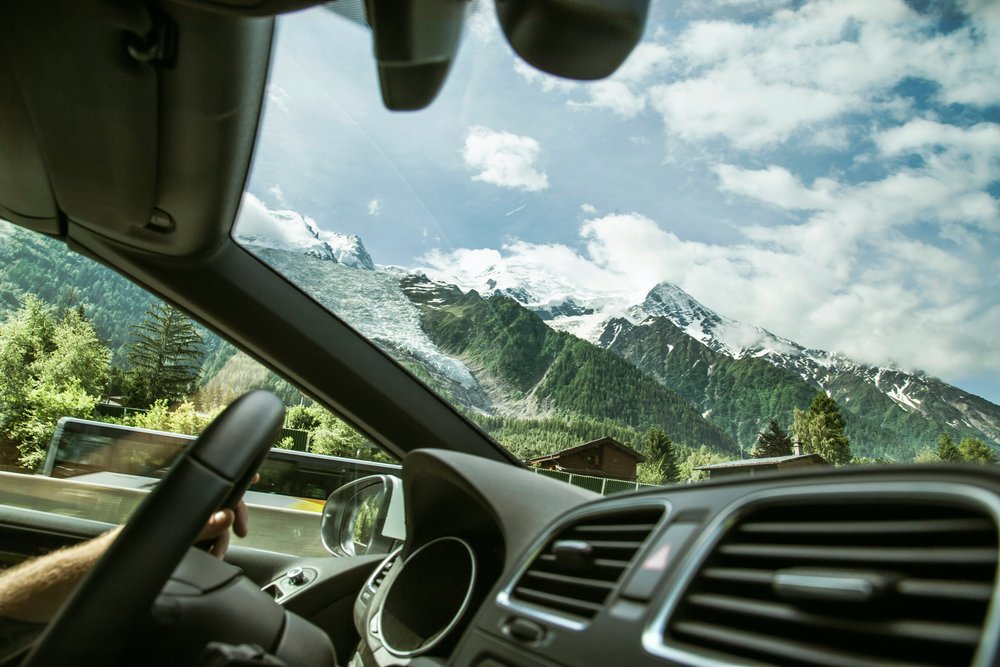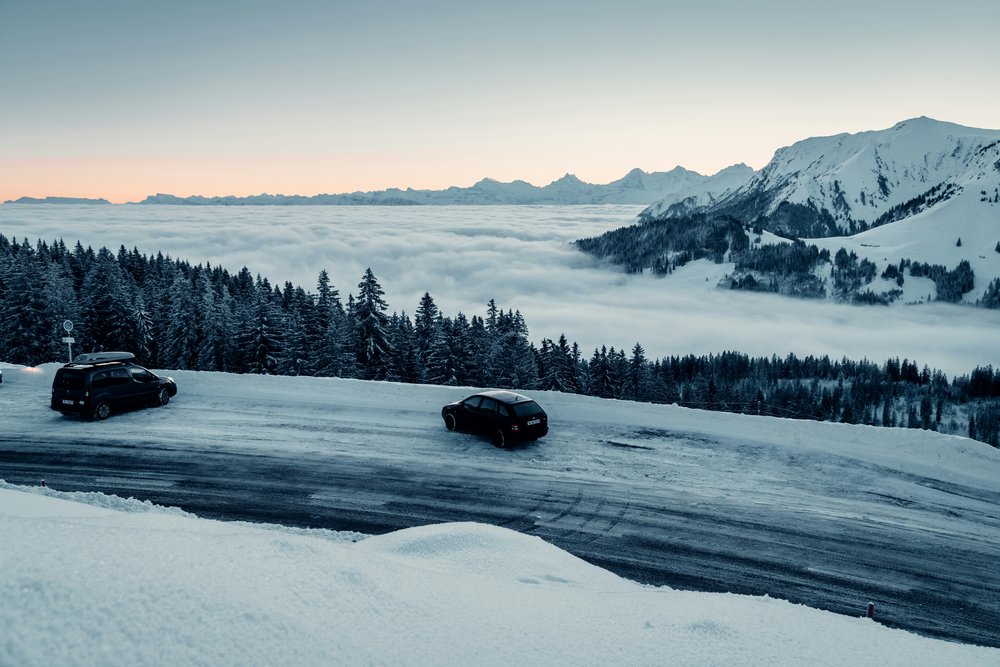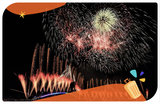A comprehensive guide for driving in Switzerland 🚗
Thinking about driving in Switzerland? It's a huge YES from us, because journeying through the country's roads is an experience that you shouldn't miss out on, an exploration filled with stunning views of majestic mountains, sparkling lakes and charming villages.
As you buckle up for your next Swiss adventure, remember that the key to a memorable and safe journey lies in adhering to the rules and respecting the pristine environment you're driving through. If this is your first time driving in Switzerland, let this comprehensive guide be your companion on the road, ensuring every moment behind the wheel in the country is as enjoyable as it is safe.
What you need to know to drive in Switzerland
Legal requirements
Before you can enjoy the freedom of the Swiss highways and byways, here are the basic legal requirements for driving in Switzerland for you to take note of:
- The minimum age to drive is 18 for cars and two-wheel vehicles of 50cc or more.
- Hold a valid foreign driving licence that is issued in English or one of Switzerland’s official languages: German, French, or Italian.
Key traffic rules
The Swiss are known for their precision and this extends to their traffic rules. When you’re on Swiss roads, remember that:
- driving on the right side is the norm
- sticking to the right lane is more than a courtesy – it’s a requirement
- seatbelts are your non-negotiable companions for everyone in the vehicle, ensuring road safety for all passengers
- headlights must shine brightly even in the daylight
It’s also wise to keep in mind that Swiss traffic fines are not to be taken lightly. They’re known for their strict enforcement, which is an integral aspect of the country’s renowned road safety. From hefty fines for ignoring traffic lights to the risk of a driving ban for more serious violations, the message is clear: respect the rules, and you’ll have nothing to worry about.
Speed limits
Speed limits in Switzerland are like a finely-tuned watch: precise and varied by location. Here are the speed limits you can expect:
- In the bustling heart of towns, a gentle pace of 50 km/h is expected, with some areas slowing down to a pedestrian-friendly 30 km/h or even a leisurely 20 km/h.
- Outside of the busier town areas, you’ll find the freedom to accelerate up to 80 km/h.
- Highways allow you to cruise at a brisk 100 km/h.
- Motorways connecting Swiss cities offer a swift 120 km/h for cars without the extra load of a trailer, adhering to the national speed limit. Should you be towing, the speed limits dial down to a responsible 100 km/h. Special attention is given to mobile homes and cars with trailers, with their respective caps at 100 km/h and 80 km/h to ensure the safety of all road users.
Renting a car in Switzerland
Renting a car offers the flexibility for you to move around the country at your own pace. Switzerland offers a range of vehicles available for rent to suit every need and taste, from compact cars like the MINI Cooper to the larger SUVs such as the Nissan X-trail. You can easily rent the vehicle of your choice on Klook, from as low as CHF 59.
However, it’s important to note that age does come into play when renting a car. While policies may vary between hire companies, the standard minimum age starts at 20, with a young driver surcharge often applied to those under 25.
Luxury vehicles may come with even higher age restrictions. Senior drivers over the age of 70 should be aware of possible additional surcharges, while young drivers, particularly those under 21, may find themselves with inclusive insurance rates.
Other important things to note
The Vignette: Your Swiss Motorway Pass
Embarking on a road trip through Switzerland without a vignette is akin to skiing down the Alps without proper gear – it’s simply not done. This small sticker is your pass to the expansive network of Swiss motorways, a tax that is both compulsory and cleverly designed to maintain the country’s impeccable roads, and is chargeable at CHF 40.
You can conveniently acquire your vignette at multiple locations: border crossings, gas stations, and even online for those who prefer to plan ahead. Switzerland is also introducing a virtual counterpart to the traditional sticker, providing even greater ease for motorists.
Do note that failing to display a vignette is not taken lightly and may get you fined a CHF 200. So, whether you’re a resident or a visiting motorist, make the vignette the first item on your road trip checklist.
Navigating Swiss roads
As you set your GPS for your next destination, be prepared for a drive that’s as dynamic as the Swiss landscape itself. In the summer months, you’ll find the roads inviting and the mountain passes, a testament to Swiss engineering, fully accessible. However, when the seasons turn, and the alpine chill sets in, fitting your vehicle with winter tires is not just recommended, but essential for maintaining traction and control.
The labyrinth of Swiss mountain roads, with their narrow paths and tight bends, requires a driver’s full attention and respect for the rules of the road. While winter tires are not legally required, they are a wise choice for navigating the icy roads, and in some areas, snow chains become a legal necessity, ensuring maximum safety during travel.
Parking in Switzerland
Finding a spot to park your car in Switzerland can be quite complex. Here are some parking options to consider:
- White-lined zones: These offer the bliss of free parking with no time constraints.
- Blue zones: These call for the use of a parking disk, allowing you to stop for up to 90 minutes.
- City parking: Parking spots sometimes charge a fee as high as CHF 5 per hour in the busiest hubs.
Emergency procedures
In the rare event of an emergency or accident, knowing the proper procedures can be as crucial as knowing the traffic rules themselves. If you're involved in a road accident in Switzerland, form a rescue lane on the motorway and only call emergency services if it's a genuine emergency. Give right of way to emergency vehicles with flashing lights and sirens.
–
Ready for your Switzerland adventure? Rent your car and let's hit the road! 🚗
More Switzerland travel guides for you 💡
Discover the latest travel deals and promotions
Select your country to unlock limited-time travel promos👇
Hello, I'm from Singapore 🇸🇬
Kamusta, I'm from the Philippines 🇵🇭
Hello, I'm from Malaysia 🇲🇾
G'Day, I'm from Australia 🇦🇺
Hello, I'm from the United States 🇺🇸
Namaste, I'm from India 🇮🇳
Hello, I'm from the United Kingdom 🇬🇧
Marhaba, I'm from the Middle East

